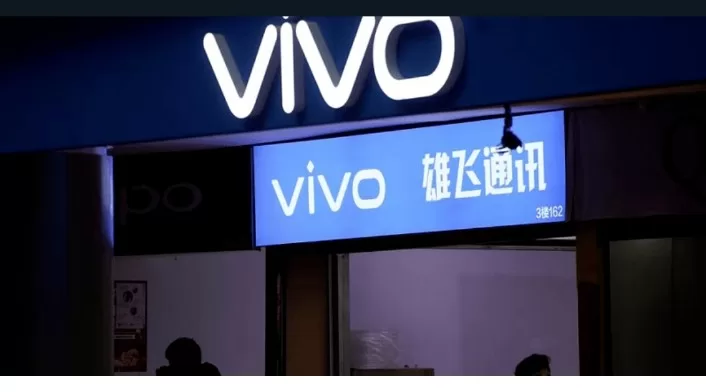In a startling revelation, India’s financial crime agency has accused the Chinese smartphone manufacturer Vivo and its Indian affiliates of orchestrating a sophisticated scheme involving visa violations and the clandestine transfer of a staggering $13 billion. This accusation has further strained the already tense relationship between India and China, stemming from border clashes in 2020.
The allegations center around employees of Vivo who are accused of concealing their true employment when applying for visas to enter India. Shockingly, some of these individuals breached visa conditions by traveling to sensitive regions, including Jammu and Kashmir. The Enforcement Directorate, responsible for investigating financial crimes, disclosed that at least 30 Chinese nationals entered India on business visas, working for Vivo without revealing their affiliation with the company.
This recent development follows the arrest of a high-ranking Vivo executive, Guangwen Kuang, who has been under investigation for money laundering since 2022. The agency’s extensive 32-page court filing unveils the covert operations that were allegedly undertaken.
Vivo, which commands a significant 17% market share, responded to these allegations by expressing deep concern over the executive’s arrest while maintaining their commitment to legal compliance. In contrast, the Chinese foreign ministry and Indian authorities in Beijing and New Delhi have remained silent on the matter.
Notably, India restricts foreigners from entering designated “protected” regions in Ladakh and parts of Jammu and Kashmir, necessitating permits separate from standard visas for access.
The investigation into Vivo’s financial activities dates back to the previous year when the Enforcement Directorate raided 48 sites associated with Vivo and its affiliated companies, accusing them of illegally channeling funds to China to evade Indian taxes through indirect control. The recent court filing reveals that a staggering ₹1.07 trillion ($12.87 billion) was transferred outside India by Vivo to trading companies controlled by its Chinese parent, using a “masking layer” to avoid detection.
While statutory filings from 2014-15 to 2019-20 reported no profits and no income taxes paid, it is alleged that massive sums were surreptitiously funneled out of India. In July of the previous year, the Enforcement Directorate estimated that ₹624.7 billion ($7.5 billion) had been remitted to China in this manner.
The allegations against Vivo paint a troubling picture of deceit, financial impropriety, and international tensions, highlighting the complexities of the business landscape between the two nations.




